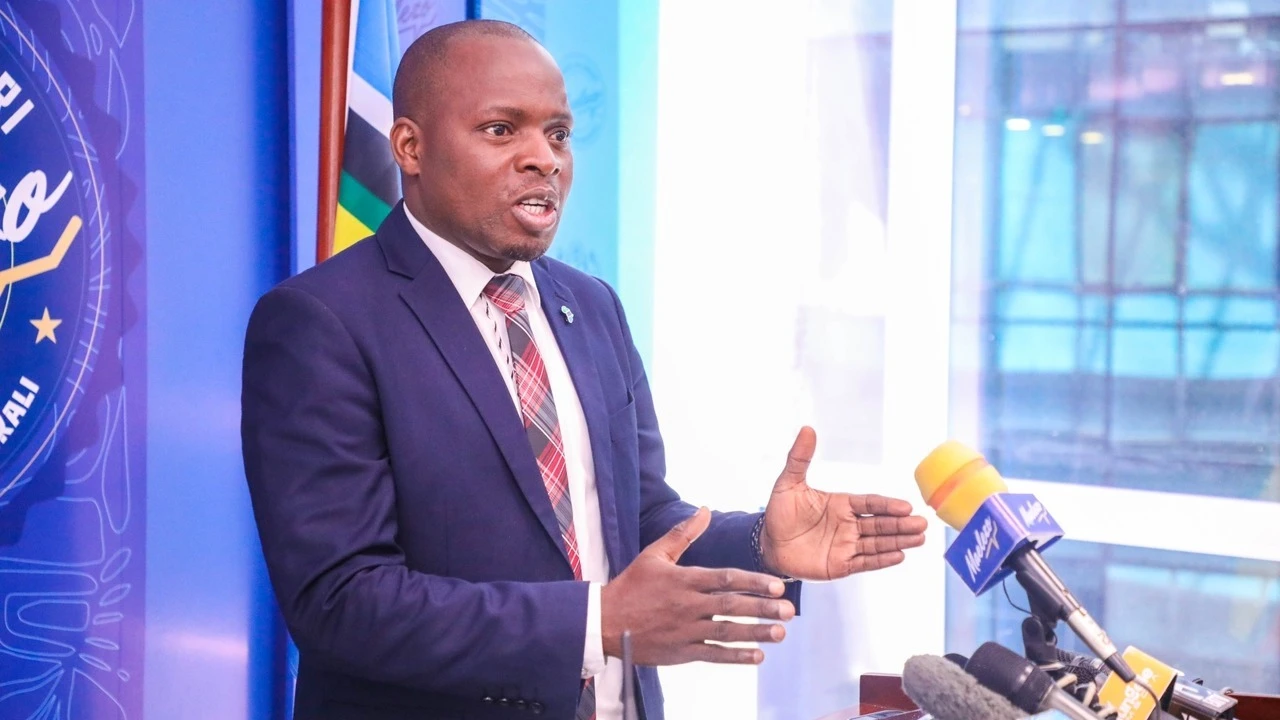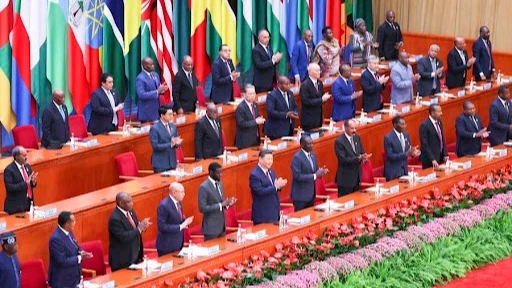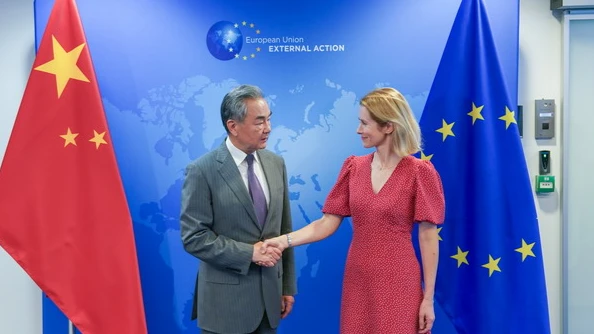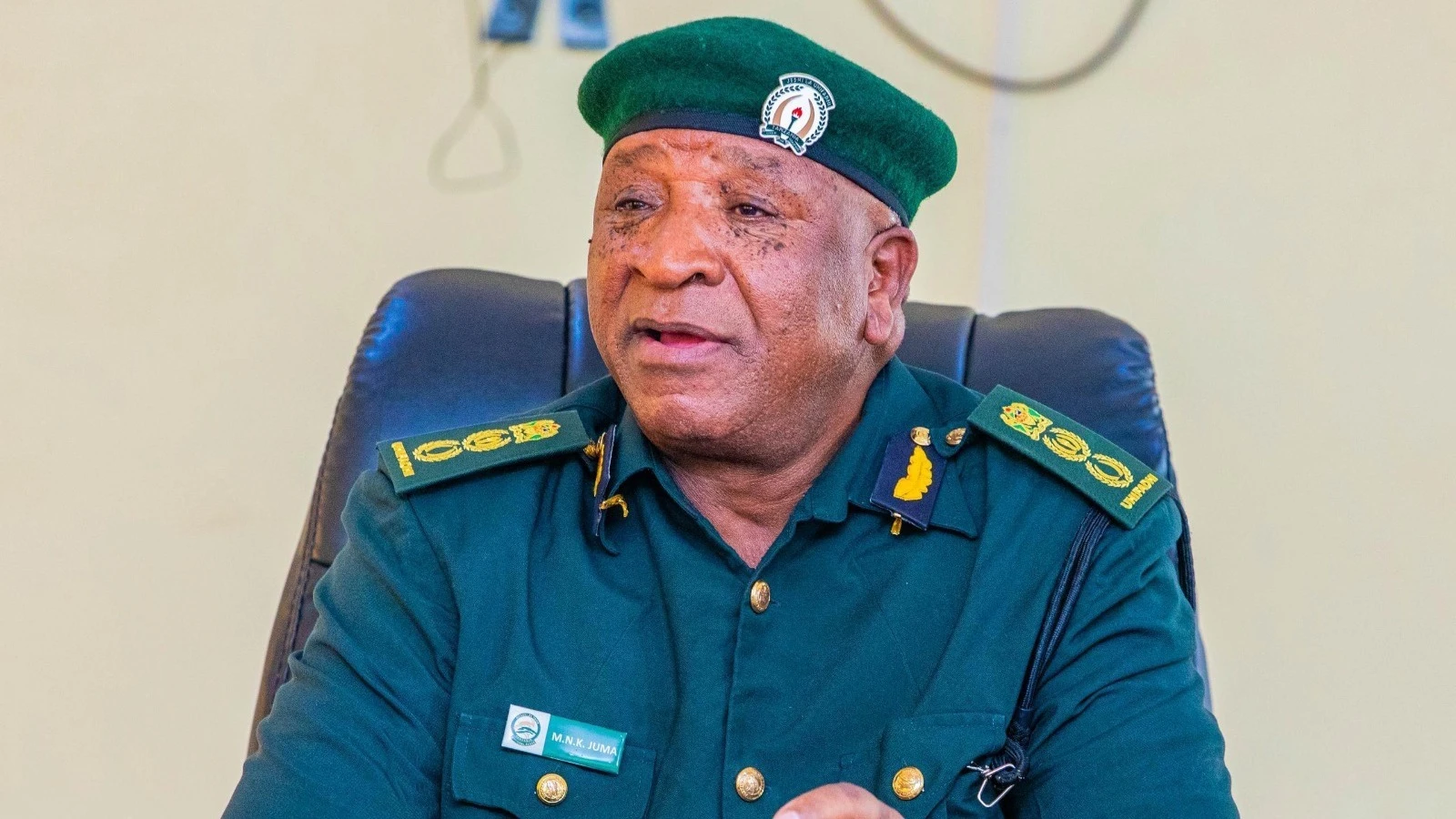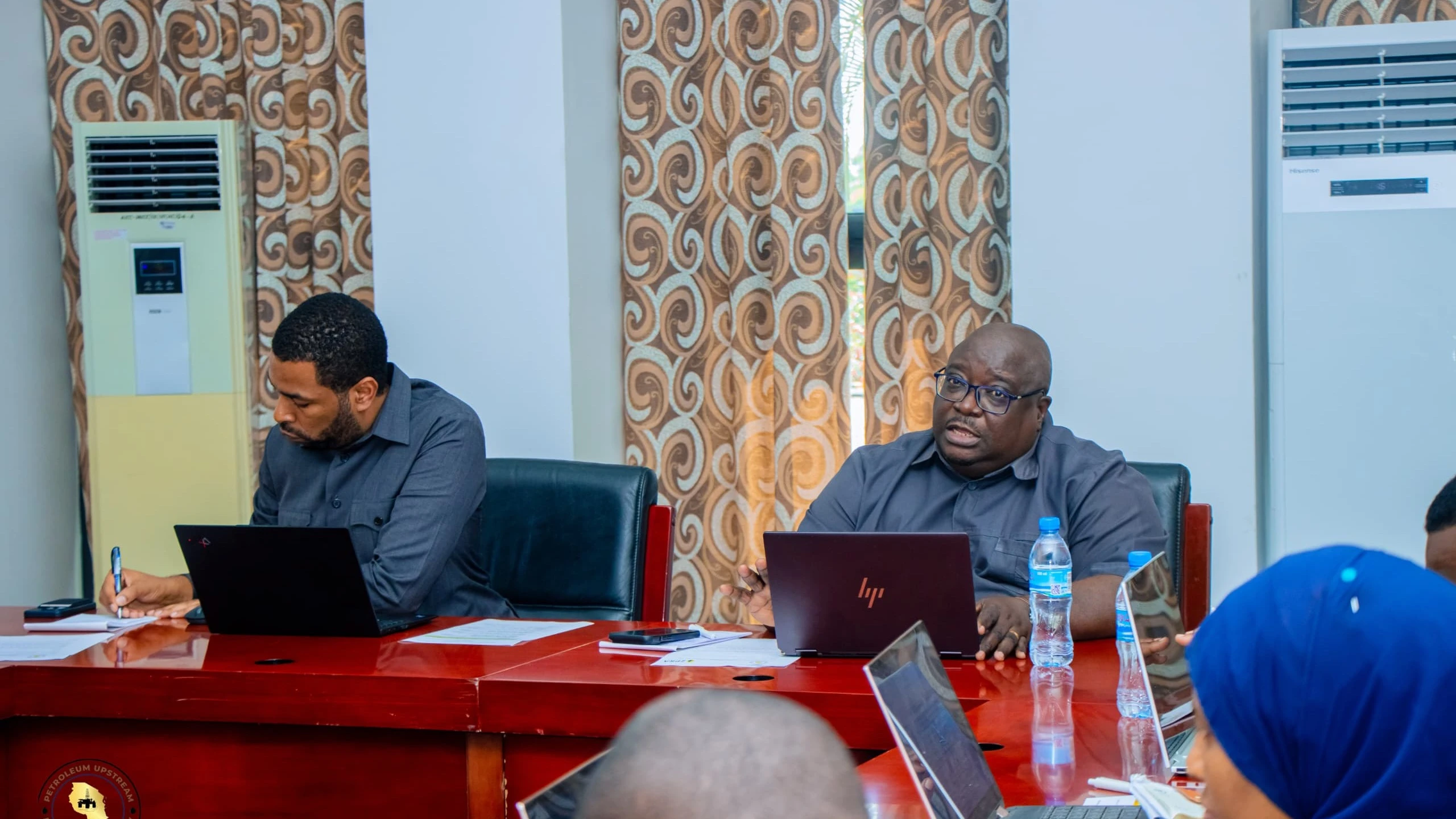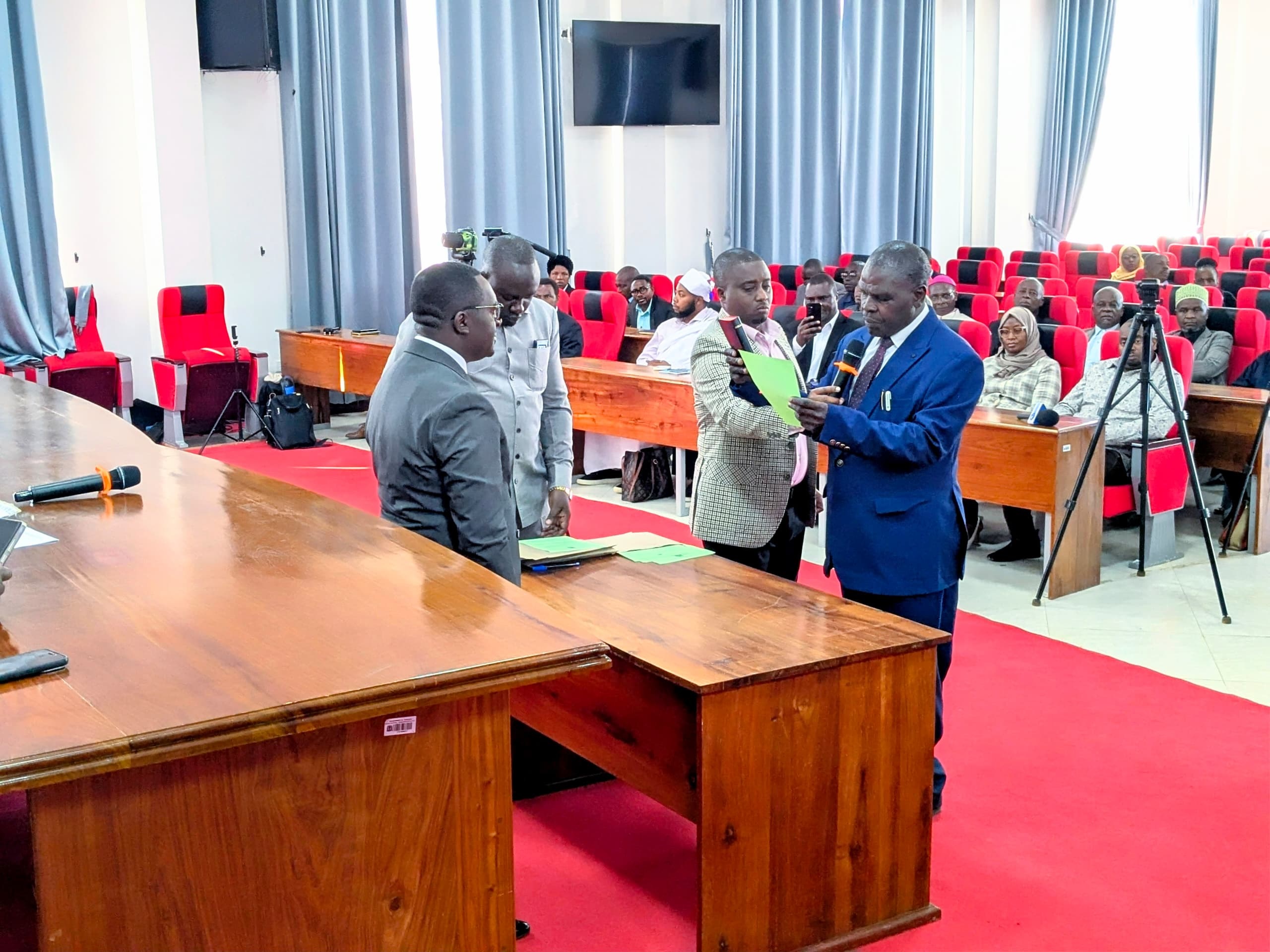‘Senior citizens in limbo without legal protection’

BINDING legislation is needed to guarantee the rights and welfare of the elderly population, as anything less leaves millions of older citizens at the mercy of changing political will and deep-rooted societal neglect, stakeholders say.
Smart Daniel, the HelpAge Tanzania chief executive officer, said in an interview yesterday that while current policies are a step forward, only legal reform can ensure lasting protection and support for senior citizens.
The activist and a cross section of senior citizens said that despite having helpful policies, there’s no law that mandates care for older people, pointing out that policies are not enough. “Right now, everything depends on individual goodwill—and that’s no way to build a just or sustainable system,” he declared.
He urged the Union government to take up the Zanzibar legal format where laws have already been enacted to guarantee elderly care, as a similar model could be introduced on the Mainland to ensure that care for elders doesn’t depend on the mood of who is in office.
While commending the inclusion of elderly welfare in the political parties’ policy agenda—including improved healthcare, social services and pension coverage—je cautioned that without a legal framework, these pledges risk fading out after the polls.
He also raised a finger at ageism as a major barrier in policy development and delivery, as older people are seen as a burden. “That’s the mindset we need to dismantle,” he emphasized.
“The reality is that ageist attitudes influence how we design policies and how urgently we treat issues of elderly people,” he said, affirming that existing policies were shaped by these biases, lacking urgency, inclusiveness or proper funding.
“We can’t build a system for older people if we don’t start from a place of respect and recognition,” he declared, also calling for a comprehensive budget analysis to determine what percentage of the national budget should be allocated to elderly care.
“If the government can successfully plan free education from primary to secondary school, then surely it can calculate what it takes to support our senior citizens,” he said. “This is not just a matter of policy—it’s a matter of justice.”
Ongoing stakeholder engagement needs to be backed up by a national conversation around the rights of older people, as elderly care needs to be treated as a human rights issue, he explained.
In Zanzibar, seniors over 70 already receive a universal pension of 70,000/- per month, a model HelpAge believes could be expanded nationally.
Initiatives like proposed modernization of pension systems, improving fund management and protecting elderly women from gender-based violence are not backed by enforceable laws, are mostly underfunded, inconsistently applied or quietly shelved.
“We’ve made some progress by putting elderly care in the spotlight—but we need to move from policy to law, from promises to rights,” he said.
Sadock Tuya, a city elder, said it was not enough to write policies on paper, as we must ensure they are implemented with integrity and urgency.
The government must first and foremost, prioritise community-based care where policies should promote training programs for caregivers at the grassroots level—especially in rural areas where elderly citizens are often left behind, he stated.
Local health centers need to be equipped to handle geriatric health issues, with mobile outreach units visiting remote villages monthly, he said.
Keta Sambo, another senior resident, said that elders were not asking for luxury—only for dignity, safety and support in final chapters.
“Many of us spent decades building this country, raising families and serving our communities. Yet now, in our twilight years, we are too often overlooked,” he added.
Top Headlines
© 2025 IPPMEDIA.COM. ALL RIGHTS RESERVED








